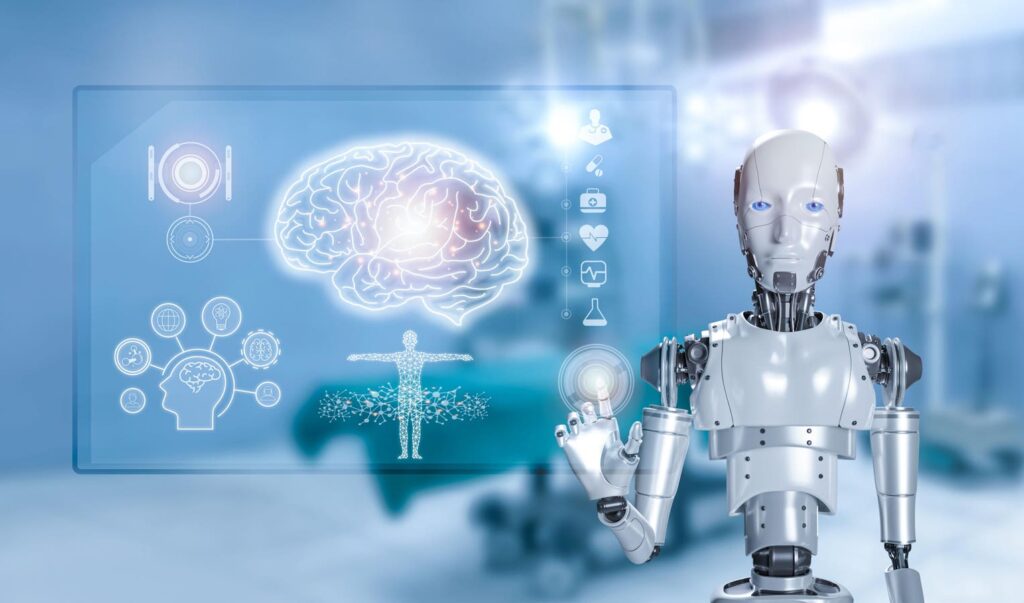
Is Artificial Intelligence The Cure For Healthcare’s Chronic Problems?
The healthcare industry is plagued by chronic issues, including high costs, lengthy wait times, and inconsistent patient outcomes. However, a potential solution may be on the horizon – artificial intelligence (AI). This innovative technology has the power to revolutionize the sector, addressing many of these pressing concerns.
One of the primary hurdles facing patients is affordability. The steep cost of healthcare services can deter even those who desperately need treatment. AI could potentially alleviate this issue by providing virtual consultations and diagnosis. Patients would no longer be required to visit a doctor’s office in person, reducing consultation costs by as much as 50%. This increased accessibility could make basic healthcare services more affordable for millions of Americans.
Furthermore, AI has the potential to improve diagnostic accuracy and patient outcomes. The system can analyze large amounts of data to identify the most effective treatments, freeing up doctors to focus on those who require critical care. With AI handling administrative tasks, physicians would be able to dedicate their time to providing personalized treatment plans tailored to each individual’s needs.
The development of new drugs is another area where AI could have a significant impact. Current pharmaceutical companies spend an estimated $985 million per year developing a single drug, only to see many treatments shelved due to poor results or regulatory challenges. AI-powered drug development could dramatically accelerate the process and reduce costs, making medicines more accessible and affordable for those who need them.
However, addressing these concerns will not be without its own set of challenges. To train an AI algorithm, substantial amounts of data are required, including demographic information from diverse patient groups to prevent biased decision-making. Healthtech developers must ensure their models do not treat underrepresented patient populations unfairly by incorporating various methods, such as supervised learning or thorough ethical evaluations.
Moreover, convincing patients to allow the use of their data presents a significant obstacle. The growing number of healthcare data breaches has led 70% of Americans expressing concerns about their privacy and 56% feeling uneasy about AI in healthcare. To overcome this hurdle, healthcare providers must prioritize cybersecurity and transparency in their approach.
Despite these challenges, AI is no longer a prospect but a reality today. It is already being deployed in medical settings to analyze patient data, handle administrative tasks, and assist surgeons. This technology has the potential to decrease administrative costs by up to 30%, freeing up hundreds of thousands of hours for physicians and reducing surgical waiting times.
In conclusion, AI could offer a lifeline to millions of Americans struggling with affordability or accessibility issues in healthcare. By providing virtual consultations, improving diagnostic accuracy, and accelerating drug development, this innovative technology has the potential to transform the industry. While addressing data privacy concerns will be crucial to its success, the benefits it could bring are undeniable.
Editor’s note: Forbes Technology Council is an invitation-only community for world-class CIOs, CTOs, and technology executives.
Source: www.forbes.com


